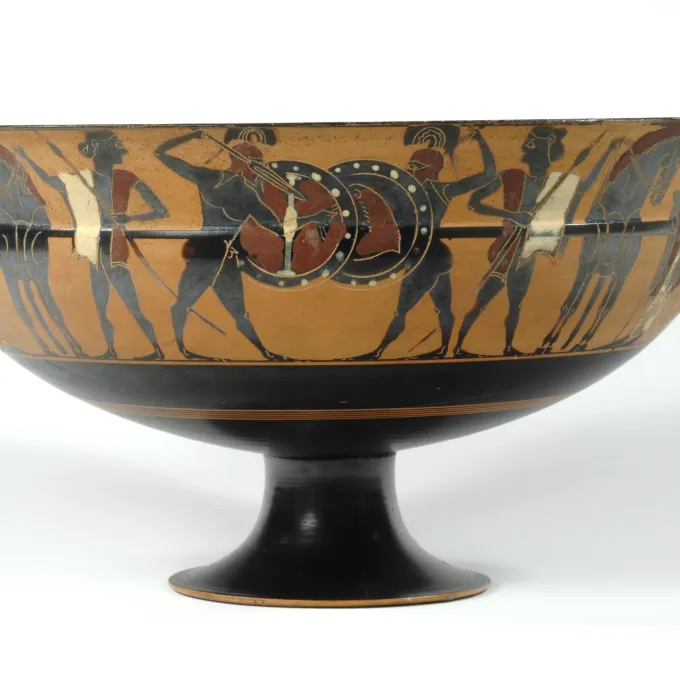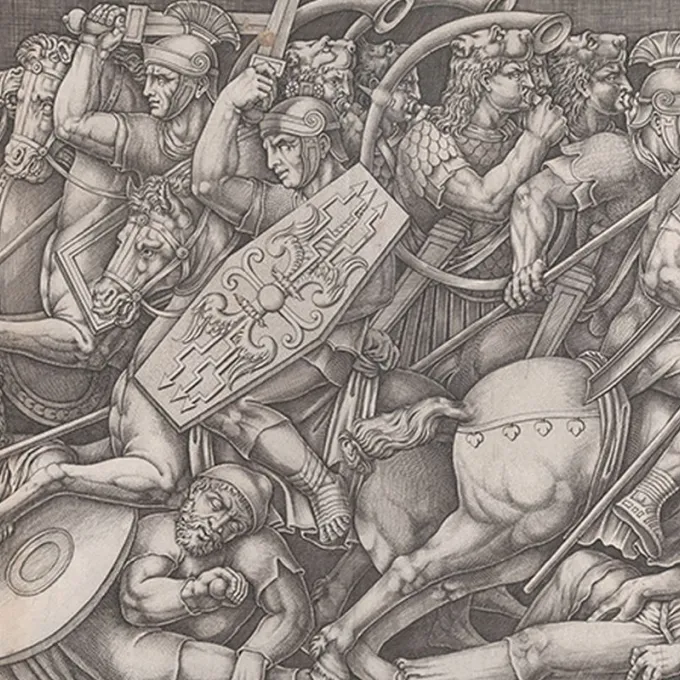https://classics.wustl.edu/xml/faculty_staff/12838/rss.xml
Kathryn Wilson’s research interests focus on the intersection of poetry and science.
Kate Wilson works on Hellenistic literature, and especially the intersection between poetry and science in these works, as well as ancient farming and labor. In addition, she studies and teaches about race (ancient and modern) in Classics and is a Faculty Affiliate of WashU’s Center for the Study of Race, Ethnicity, & Equity. She is currently the director of the Classics department's Ampersand program, Democracy and Myth in Ancient Greece.
recent courses
Euripides (GREEK 4220/5221)
The tragedies of Euripides are among the most powerful dramas ever produced. In this class we will read one or more plays of Euripides in Greek as well as scholarly works on the tragedies. Among the topics discussed will be language and style, meter and music, mythological and historical backgrounds, elements of performance, and Euripides' influence in the modern world.
Introduction to Greek Literature: Plato (L09 Greek 317C)
Introduction to Attic prose through the reading of Plato's APOLOGY and related texts.
Race and Identity in Greco-Roman Antiquity (CLASSICS 3060)
this seminar will start from one big question: Were the ancient Greeks and Romans white? We will examine this question -- and the questions that spring from it -- from two angles. First, using literary and archaeological evidence and informed by modern critical race theory, we will investigate how people living in the ancient Mediterranean understood difference: between themselves and others as well as among their own citizens. Did they have a concept of race at all? If not, how did they theorize difference? Second, we will study how and why the modern race system in the United States uses antiquity and racializes the premodern past. Students will write several short responses to sources over the semester and complete a research paper on a topic of their choice.




